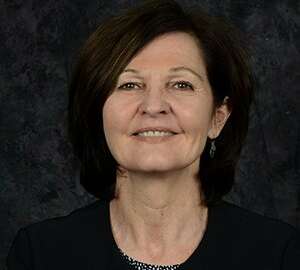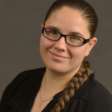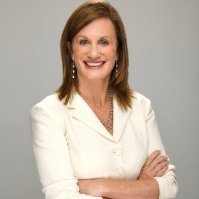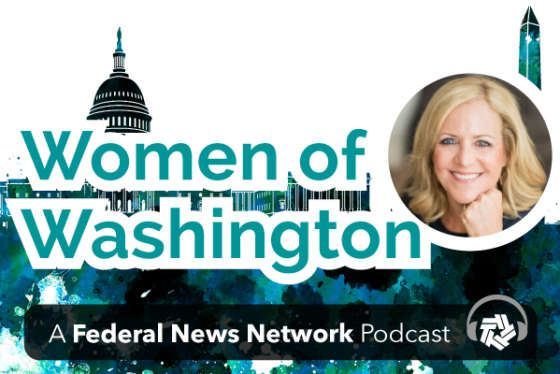
The 3 P’s: Preparation, prevention, protection
Gigi Schumm welcomes FEMA Acting Deputy Administrator of Protection and National Preparedness Katie Fox to discuss the importance of the 3 P's: Preparation,...
Looking back and talking about difficult times and how we made it through isn’t always easy. We don’t have to do it alone. There are some who prefer to be behind the scenes, helping to shape what that conversation may be.
On this episode of Women of Washington, host Gigi Schumm welcomed Katie Fox, acting deputy administrator for protection and national preparedness at the Federal Emergency Management Agency. Fox has worked with FEMA on several projects and even helped to develop simple tips for how to prepare, prevent and protect yourselves (3 P’s) in a national disaster situation.
Moving to Washington and starting a career in federal service wasn’t necessarily even on Fox’s mind when she was younger. In fact, after graduating high school and the University of Wisconsin, she still wasn’t sure what she wanted to do.
She found her footing after joining the Chicago Police Department as an analyst and working with the research and development team. After some time with the department, however, she realized she wanted to do more, and that led her to graduate school.
“After a couple of years of working for the CPD, I realized that I’d like to do some other things in the world and live someplace different and so I applied to some grad schools and ended up here in Washington with the intent of just staying for a couple of years,” she said.
Fox did not return to Chicago as she planned. Instead, she joined a consulting firm. While she didn’t really follow a plan, per say, she was happy with the way things turned out.
“You I can’t say that it was so much a decision as something that I fell into,” Fox said.
Fox worked on several consulting projects with both the Defense Department and then newly developed Homeland Security Department. It was in this role that she developed her interest in strategy and preparedness and that would eventually lead her to join the FEMA team after the 9/11 terrorist attacks.
“The concept of preparedness is incredibly broad and I think that’s one of the things that I really like about it … you can approach it in a number of different ways,” she said.
But what does it mean to be prepared? Fox defined what she believes her job is.
“Trying to understand what resonates with people [and] what kinds of messages and things will get people to take some preparedness actions,” she said. “And then understanding what people are likely to do in an emergency.”
In a situation such as a natural disaster or healthcare crisis, cashing in on the 3 P’s really do matter.
What’s the most difficult part of working behind the scenes of disaster relief? Knowing how little people actually do to prepare for potential disasters. Not everyone has the same amount of training.
She said the number hovers around 50 percent, though it has gone up in recent years. This lack of knowledge is also where the concept of “liquid asset poverty” came from.
“You know there are people who are facing all sorts of dire circumstances in their every day life … more than half of Americans don’t have a couple hundred bucks to spare in the event of an emergency,” she said. “That can be a health care crisis. It can be, you know, a car repair that is expensive and folks are really struggling.”
Fox said she would make it her job to help those in need, both financially and physically, to find the most diligent way to prepare for such disasters. One recent initiative FEMA has going on is called “You are the Help, Until Help Arrives.”
Fox said the goal is to make sure everyone has the tips and tricks they need to have less stress in those times of disaster.
Not everyone has to have life figured out while walking across the graduation stage or if a natural disaster occurs. But Fox does believe talking the hard road and being bold are two of the biggest challenges, but decisions that are also the most rewarding in the end.
Helping others to make those hard decisions? Fox said that is her reward.
“If we’re providing the support that people need on their worst day, you know, I think that’s what makes this job worthwhile,” she said.
Many charity and relief organizations, including the Red Cross, have come together to promote more education and provide resources in times of natural disasters. Together, they make up the National Voluntary Organizations Active in Disaster (VOAD).
Copyright © 2025 Federal News Network. All rights reserved. This website is not intended for users located within the European Economic Area.
Steff Thomas is a digital editor at Federal News Network.
Related Stories
 Exclusive
Exclusive 




